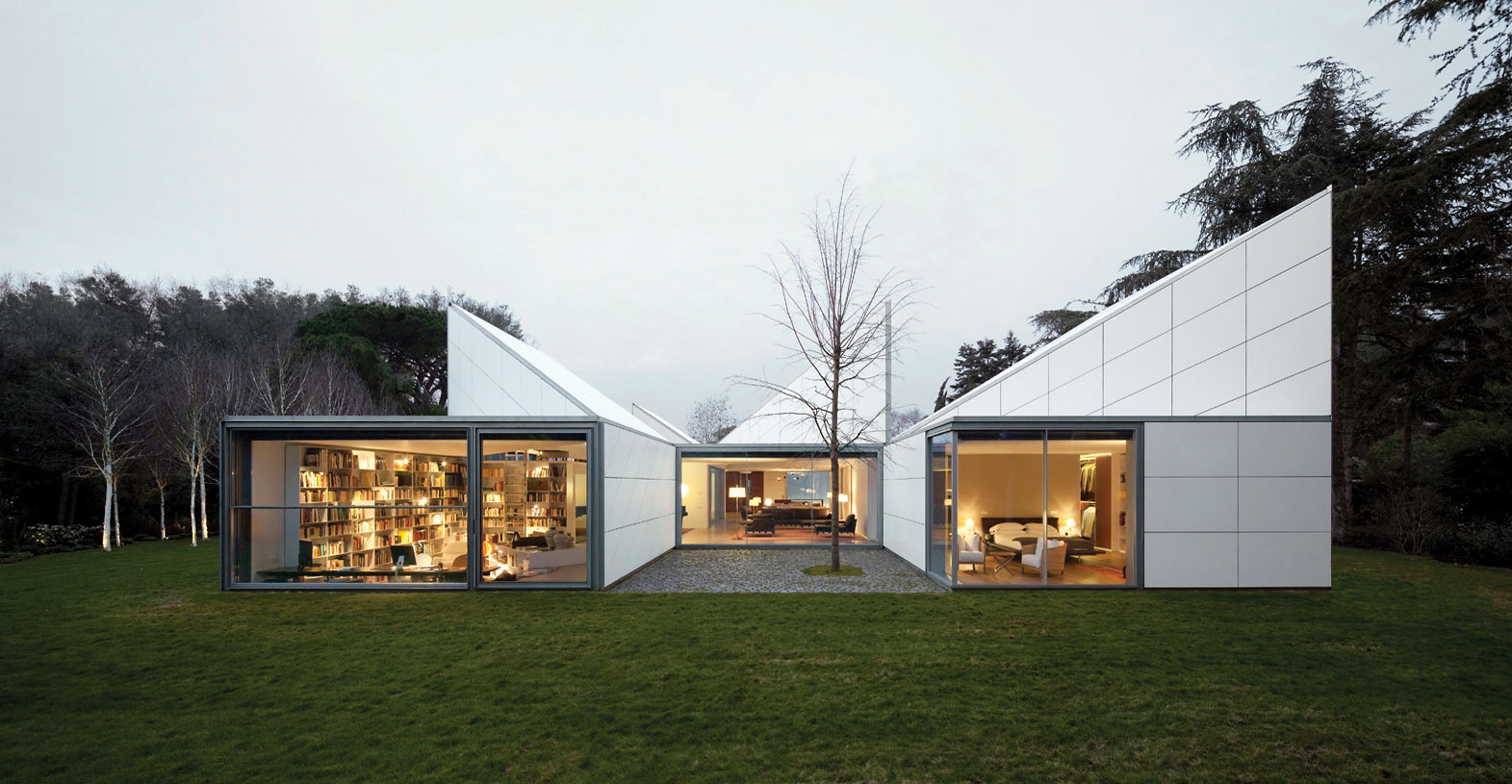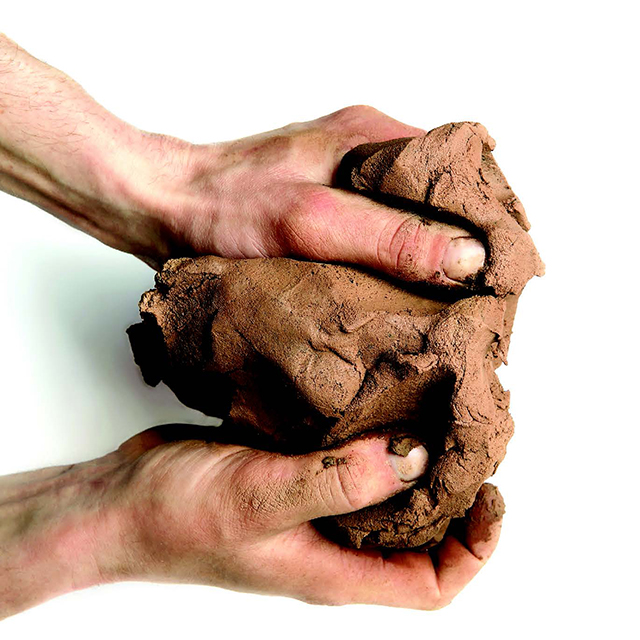A Just Transition
Ceramic Roadmap
TO 2050
The European Union has set an ambitious goal for the reduction of greenhouse gas emissions, but also recognises that the transition to a decarbonised economy must be a just one.
Cost-effective energy efficiency and durability
The European ceramic industry will help lead a just transition by:
- Offering an ambitious pathway to decarbonising production.
- Supplying construction materials that make buildings inherently more energy-efficient.
- Providing solutions to reduce energy use and energy loss in other industries.
- Creating local skilled jobs in both manufacturing and downstream industries mainly in rural areas.
- Promoting circularity and protecting biodiversity.
A real pathway
As this document shows, the European ceramic industry has mapped out an ambitious roadmap to decarbonising production. However, this pathway presents several challenges that can only be overcome through close cooperation between policymakers and a broad range of other stakeholders, and with sufficient financial support for capital expenditure and innovation. Most importantly, this pathway will only be feasible if a level playing field is maintained, and if the required decarbonised, affordable energy infrastructure is made available to the industry.

Supporting the Renovation Wave
A key part of the European Green Deal is reducing emissions related to space heating and cooling in buildings, and increasing the energy efficiency of buildings through the Renovation Wave strategy. Bricks and clay blocks, and wall, floor tiles and roof tiles have either on their own or in combination with appropriate systems unique thermal properties that contribute to reducing the energy needs of Europe’s building stock. Ceramic construction materials are a cost- effective, proven and local part of the renovation puzzle. Because of their flexibility and availability, ceramic construction materials also help European citizens adopt a more accessible and step-by-step approach to renovation.
Impact on emissions reduction in other industries
Innovative refractory ceramics offer resource-efficient solutions to downstream industries such as steel and other metallurgical processes, glass, cement and ceramics, and have played an essential role in the development of key breakthrough technologies.
Because ceramics help industries that are key to the Renovation Wave, for example insulation material and glass, by reducing their production costs, they can have a trickledown effect on cost, making energy- efficient renovation more affordable.
Skills for a just transition
A just transition and shift to a climate-neutral, resilient economy can only be achieved by providing citizens with the necessary skill sets and qualifications for future job profiles.Identifying skills shortages and ensuring adequate supply of the right skills is essential to help deliver the goals and ambitions of the recovery pathway, EU Industrial & SME Strategies, and the green and digital transitions.
The European ceramic industry is committed to supporting the upskilling and reskilling of its workforce by providing and ensuring continuous, specialised and lifelong training, as well as building close and fruitful collaborations with academia, educational providers and communities.
Creating local jobs
The European ceramic industry is deeply rooted in local economies, and as an industry we aim to continue being a driver for local economies, innovation and employment. Around Europe, several ceramic clusters bring together a range of ceramic companies, from large plants to SMEs, in a single centre of excellence.
A multi-dimensional just transition
A multi-dimensional focus on a just transition will have several positive outcomes:
• Safeguarding local employment will ensure the 200,000 people working directly in our industry are part of the just transition.
• Locally-produced ceramics will ensure European citizens and business have access to quality products that are key to reducing their carbon footprint during the use phase.
Trade: the need for a level playing field
The European ceramic industry can compete on quality, price and design at a global scale, provided that the terms of trade are free, fair and sustainable. We look to the EU to insist on clear, transparent and enforceable global rules that support the global outlook of our industry and, where necessary, to take corrective measures against discriminatory trade barriers.
The European ceramic sector should be able to export globally, unhindered by trade barriers. At the same time, the European market should be protected from unfair practices originating in third countries, such as illegal and environmental dumping, tariff circumvention, subsidies and intellectual property infringements. Cerame-Unie is increasingly concerned by persistent barriers to trade, both tariffs and non-tariff barriers, that consistently impede the industry’s access to old and new markets. While EU anti-dumping and anti- circumvention measures have gone some way towards ensuring fairness, Cerame-Unie remains alarmed by the increasingly unfair trading patterns that threaten the health of our industry in Europe. Dumping, overcapacity and market distortions – individually and collectively – continue to pose a threat to the EU ceramic industry, putting at risk skilled jobs and the future of EU businesses.
Additionally, external trade plays a paramount role in facilitating the transition to a greener economy. To ensure a level playing field and preserve the competitiveness of the EU industry, “green reciprocity” should be integral to the enforcement of preferential agreements with trading partners to ensure that environmental costs are not unilaterally borne by the EU industry. Maintaining a level playing field should be a key priority of EU trade and investment policy. It is vital to building a resilient and competitive EU industry internally and externally.
Policy recommendations
PROMOTE FAIR, SUSTAINABLE, AND FREE TRADE
Promote market access
Strengthen the EU toolbox against barriers to trade in third countries to ensure fair access to export markets for EU ceramic producers, especially SMEs. This would also entail a more consistent and predictable use of existing EU instruments such as the new Trade Enforcement Regulation (EU 2021/67) and the Trade Barrier Regulation (EU 2015/1843).
Step up the efforts against global trade distortions and ensure a global level playing field
Particular attention should be given to the increasing environmental costs that the EU industry incurs vis-à-vis non-EU producers, thereby undermining the competitiveness of the EU industry. This aspect should be taken into account in the context of the EU Generalised Scheme of Preferences as well as in the calculation of the dumping margin in Anti-Dumping proceedings.
Competitive exports
Measures such as the Carbon Border Adjustment Mechanisms (CBAM) should complete, not replace, existing carbon leakage measures and should be conceived to maintain the EU industry’s competitiveness, not only on domestic but also on export markets, by including the export adjustment mechanism in the ETS Directive.
An effective use of EU Trade Defence Instruments
Effective TDIs should tackle unfair trade practices as soon as a serious threat of injury to the EU industry arises.
Address strategic dependencies on raw materials
Ensure fair access to raw materials and reduce the EU’s dependency on third countries for industrial supply chains.
Seek by all means to achieve the open strategic autonomy of the EU
SKILLS & QUALIFICATIONS
Mobilisation of all relevant stakeholders
(EU, national and regional institutions, industry, sector associations, academia, educational and training providers, research and technology entities, etc.) to take concrete actions for the upskilling and reskilling of the EU workforce, through available instruments such as the European Skills Agenda and the Pact for Skills.


